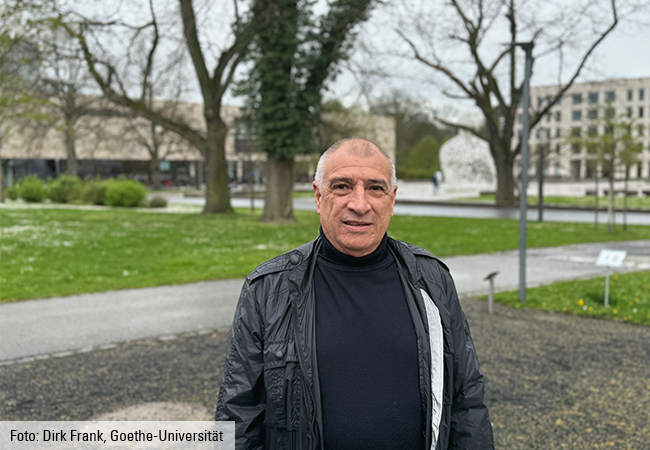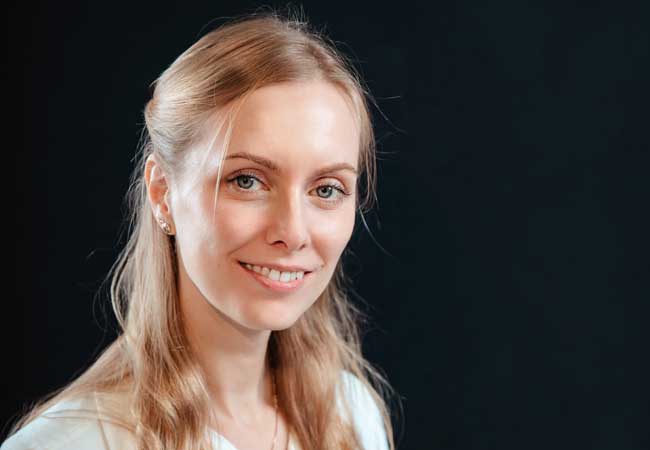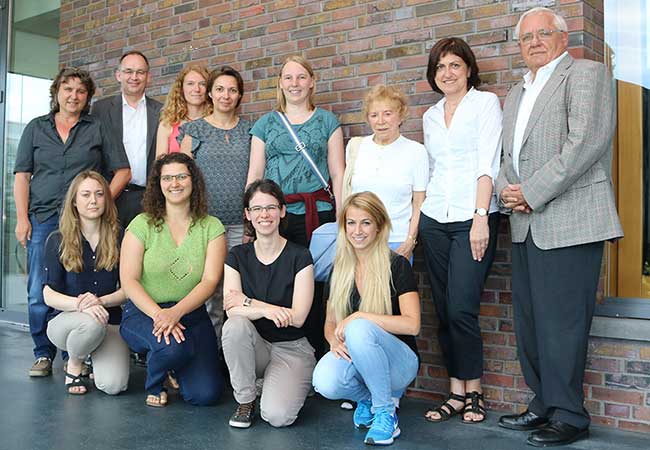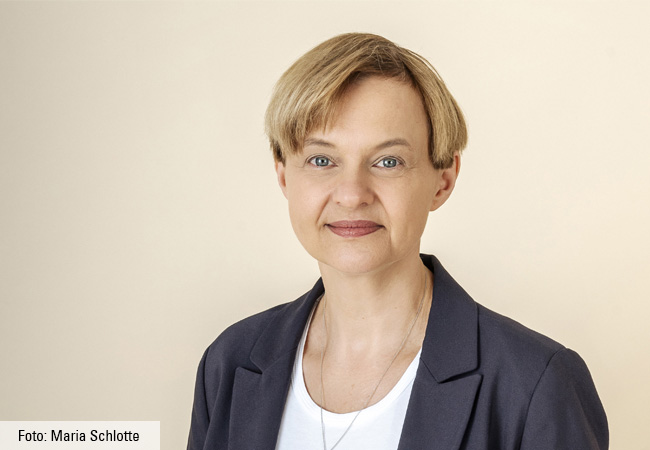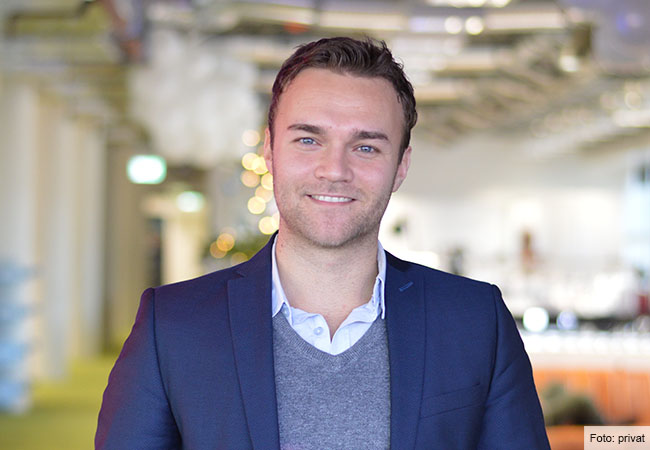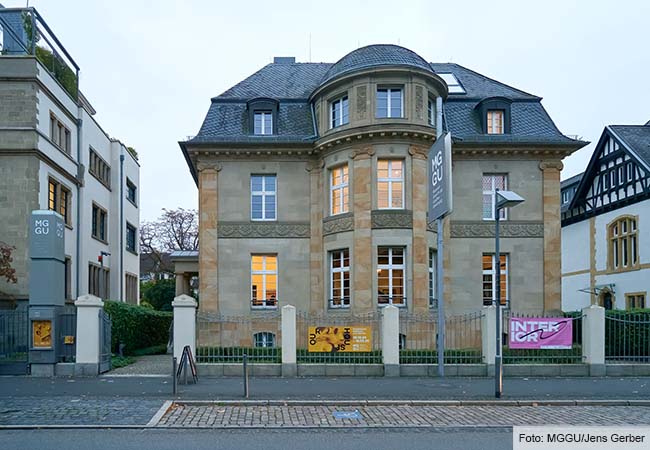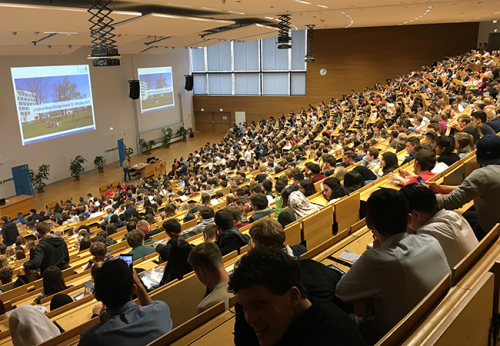
The extensive survey conducted during the 2022/23 winter semester among the real experts on studying, i.e. the students themselves, is an important participatory instrument that sheds light on students’ outlooks and requirements. Close to 8,000 students participated in the survey, making it an informative instrument on how students can actively co-determine developments at the university, while at the same time offering valuable insights into student life to both university management and the entire university community, based on which targeted measures to adapt studying to changing conditions can be developed, among others.
The study reveals both positive developments as well as the challenges confronting the university. Christiane Thompson, Vice President Teaching, Study and Further Academic Education, is convinced that Goethe University Frankfurt is generally well-placed: “We are pleased that, at 84%, a very large proportion of our students continue to be generally satisfied with their studies at Goethe University Frankfurt despite the special circumstances of recent years.”
The decline in social integration among students does constitute a challenge, however. Respondents to the 2023 survey rated the opportunities to get to know fellow students significantly lower (69%) than in the 2018 survey (82%), and the feeling of social integration also decreased significantly (2023: 59%; 2018: 75%). Compared to the modified evaluation conducted at the height of the coronavirus pandemic, the proportion of students who feel well-integrated has, on the other hand, risen again slightly (2023: 59%; 2020: 53%). “We have already started thinking about how we can integrate students more into the university again, and the topic was among those discussed by the deans of studies at their conference in March 2024,” Thompson says.
The survey results also show that:
- Gainful employment as a means of financing living expenses plays an important role for students in Frankfurt. The proportion of gainfully employed students (72%) has risen significantly in comparison to previous surveys (2018: 64%; 2013: 66%).
- 86% of students responding to the 2023 poll reported that they had a quiet place for studying at their disposal. Considering that only 72% of students had such a place in the 2020 summer semester, this represents a positive development in learning conditions.
- Students say the teaching situation has improved significantly in terms of both course size (i.e. number of students) and rooms, and is felt to be much less burdensome than in 2018 (2023: 11%; 2018: 28%). While overcrowded courses were still a stress factor for 40% of respondents in 2018 (2013: 43%), this now applies for just 21%.
- 85% of students find it easy to use new learning technologies in their studies, with 90% considering the provision of digital tools, which are necessary to integrate virtual teaching elements, to be adequate.
- In terms of organization, on the other hand, the fact that only 49% of respondents are satisfied with the coordination of virtual and face-to-face events indicates a need for further alignment in planning.
- With regard to the university’s support services, almost all students say they know who to approach with questions about their studies, or know who to contact to find out more (2023: 88%; 2018: 95%).
These and many other results are available (in German) here
The survey results will be used to generate subject-specific evaluations that will be made available to Goethe University’s faculties to discuss their learning and teaching portfolios internally. An in-depth report including bivariate and multivariate analyses will supplement the descriptive evaluations and explain correlations. In addition to the students who took part, the organizing team would also like to thank all those who supported the third university-wide student survey, especially the teaching staff, deans’ offices and student councils of all the faculties, the Interdisciplinary Center for University Teaching and Learning (IKH), studiumdigitale (the university’s central e-learning facility), the University Computing Center, and many more.
Antonia Winkler, Christoph Götz and Philipp Nolden for the Statistics Unit
If you have any questions about the student survey or its results, please feel free to contact us: sli-quikks@uni-frankfurt.de



